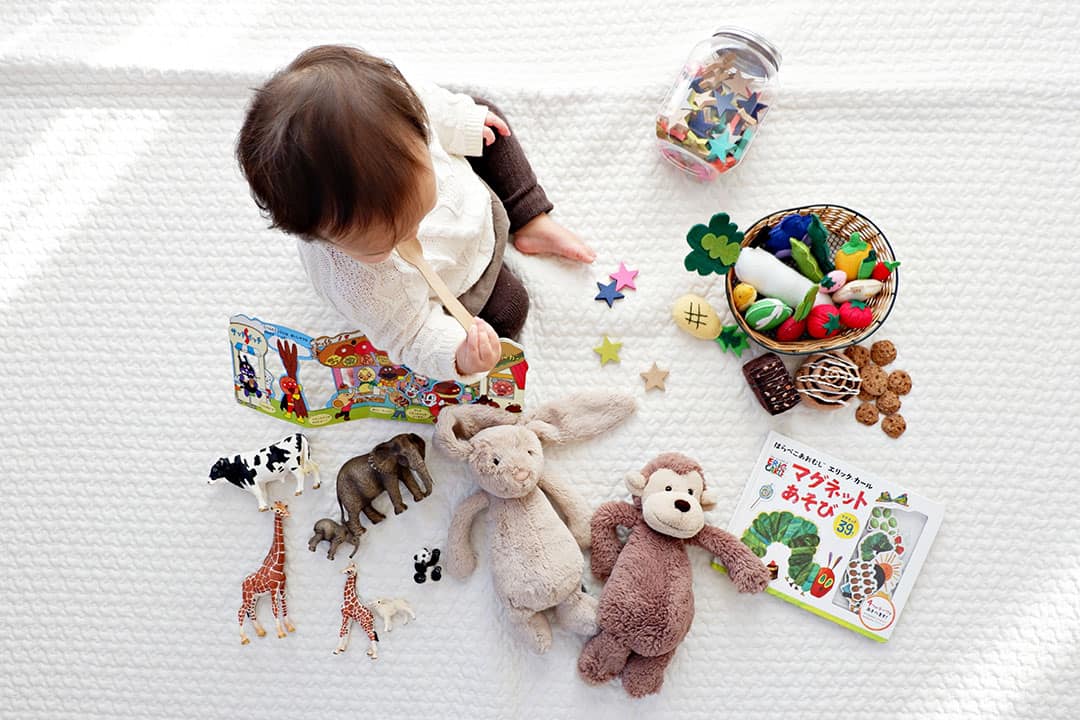Disorganised Attachment Style
Mary Maine, Mary Ainsworth’s student, observed children who did not fit in any of the then existing attachment categories (secure, anxious preoccupied and anxious avoidant) – these ‘unclassified’ children’s behaviour in the strange situation then led to the establishment of a new category: Disorganised attachment. This essentially means that the child has no organised strategy for maintaining proximity to the caregiver or what Patricia Crittenden described as ‘keeping the caregiver available’. Anxious behaviour which is difficult to soothe is symptomatic of this attachment style, and Mary Maine explained that these children feel ‘fear without solution’ which leads to ‘odd’ behaviour that cannot be easily understood in terms of their goals or how they function to fulfil a need. Examples of such behaviours are lying on their front or back when their caregiver returns to the room, being stiff or limp when lifted by the caregiver. There tends to be both an approach to ‘keeping the caregiver available’ and a flight or distancing tendency.
This attachment style is most likely to develop in situations where the caregiver has unresolved trauma, whether this is a loss or maltreatment in childhood. Unresolved trauma causes a loss of mentalisation. Trauma may be resolved in situations where information about the traumatic event can be described in an organised manner without loss of focus, and where this information neither haunts the individual or leads to avoidance behaviours to block out this trauma. However, where this trauma is leading to either fixation on the pain or denying the pain, the trauma could be said to be unresolved. This is why it is greatly important that unresolved trauma is healed, through the support of professionals, as one healed caregiver is a cycle of intergenerational trauma prevented.

56% of mothers who have lost a caregiver by death before they completed high school subsequently have children with disorganised attachment styles. About 30% of maltreated children who grow to become parents will go on to mistreat their own children. Disorganised attachment is especially linked to abuse and unresolved trauma, however it is important to note that not all children exhibiting this attachment style are definitely being maltreated by a caregiver. A caregiver who frequently changes their behaviour without explanation or reassurance in the form of affection may be hard to predict and the child can therefore not develop a single organised approach to getting and keeping their attention. Caregivers who exhibit low mentalisation and reflexive function are also more likely to have children with a disorganised attachment style- not being able to understand their children’s intentions or feelings, they may believe everyone feels the way they do, causing the child to perform odd behaviours in frustration of their unmet needs.
Those with disorganised attachment are particularly at risk of developing mental health illnesses, with Borderline Personality Disorder and dissociative disorders being more prevalent amongst this attachment group but it’s important to note that attachment style is not a personality trait or ingrained personal characteristics like being extroverted or introverted.

Although slow or difficult, we can work to achieve ‘earned secure attachment’. For those with disorganised attachment, developing a secure attachment style means healing unresolved trauma and forming a healthy long-term relationship either with a friend, partner, family member or a therapist.
Developing a self-awareness to attachment styles can help us to ‘level up’ to a more healthier and secure mindset as well as being around ‘securely attached’ individuals. Reflect upon one’s attachment style and others when considering why some people behave but also know that attachment styles can be used to help oneself to improve, resolve and grow past what has already occurred.




